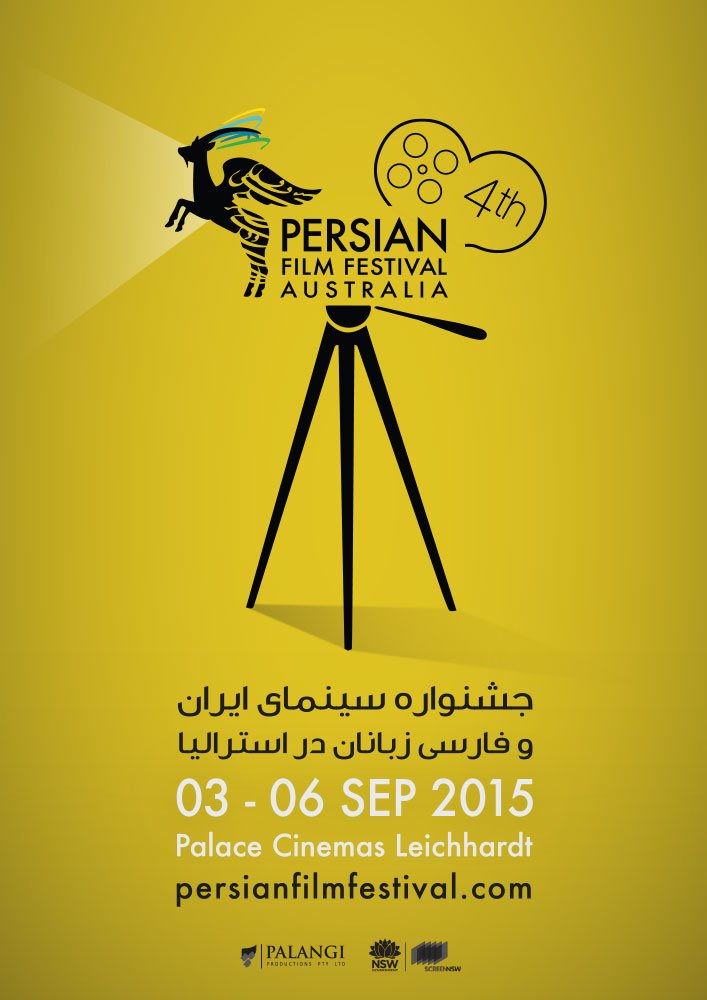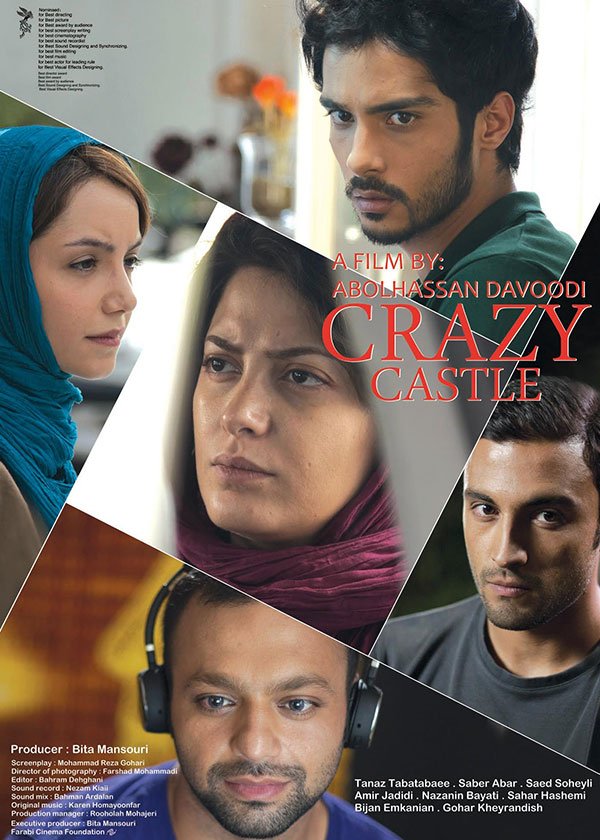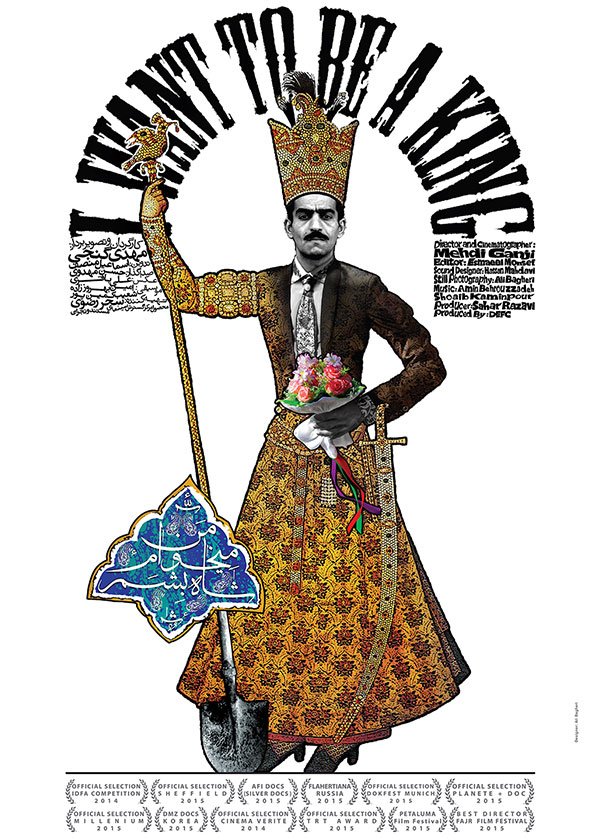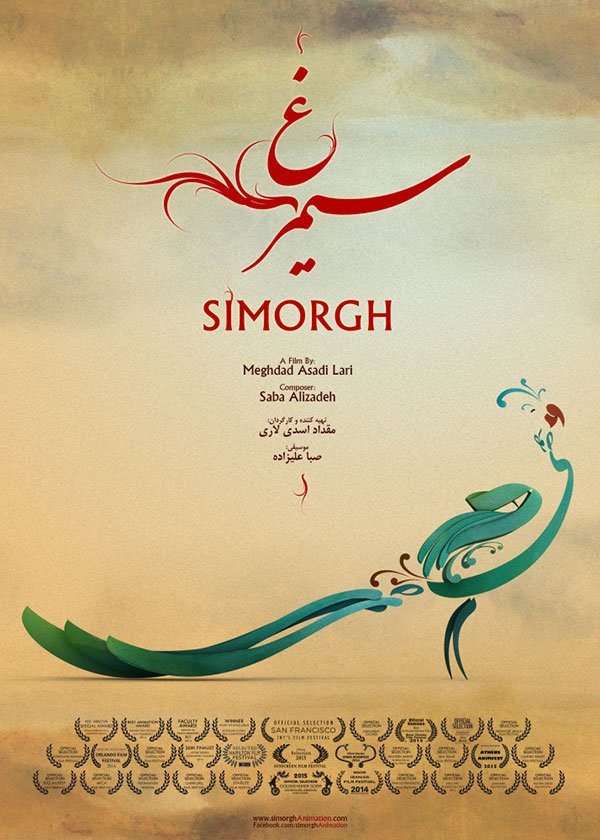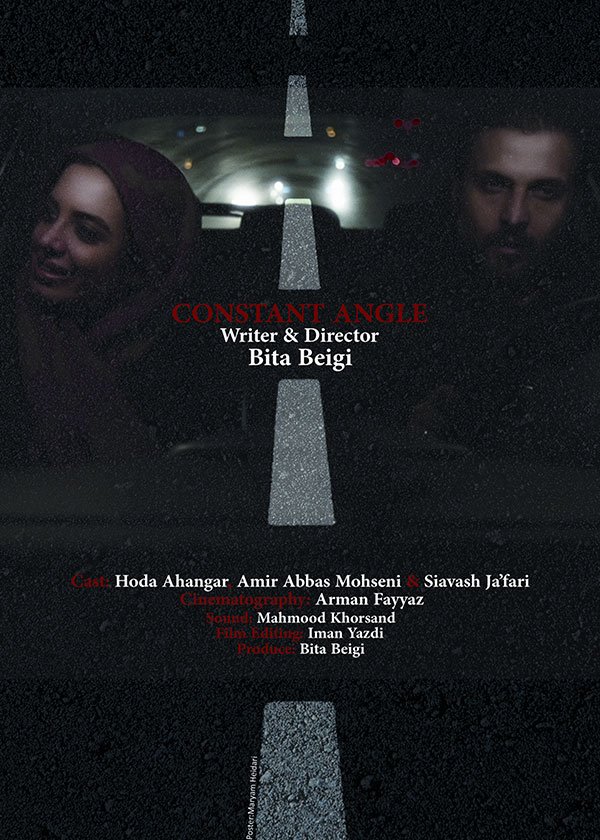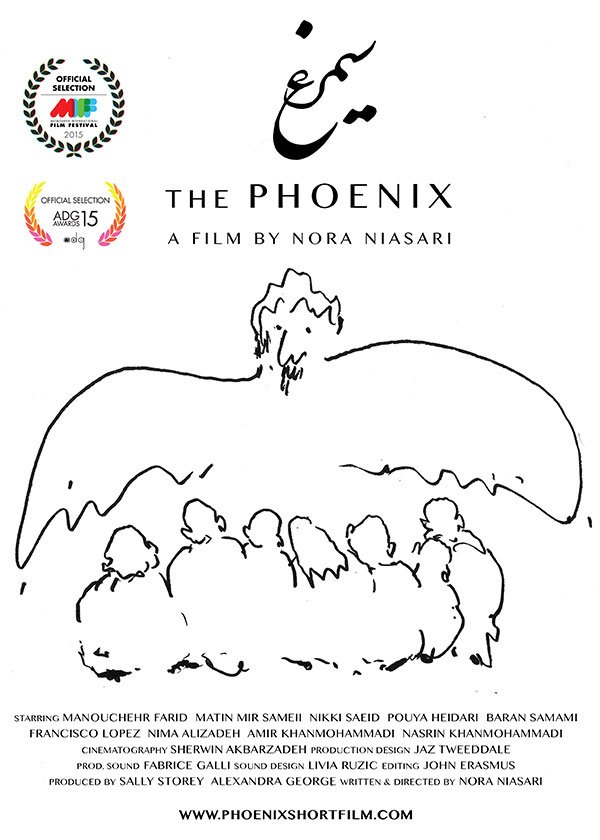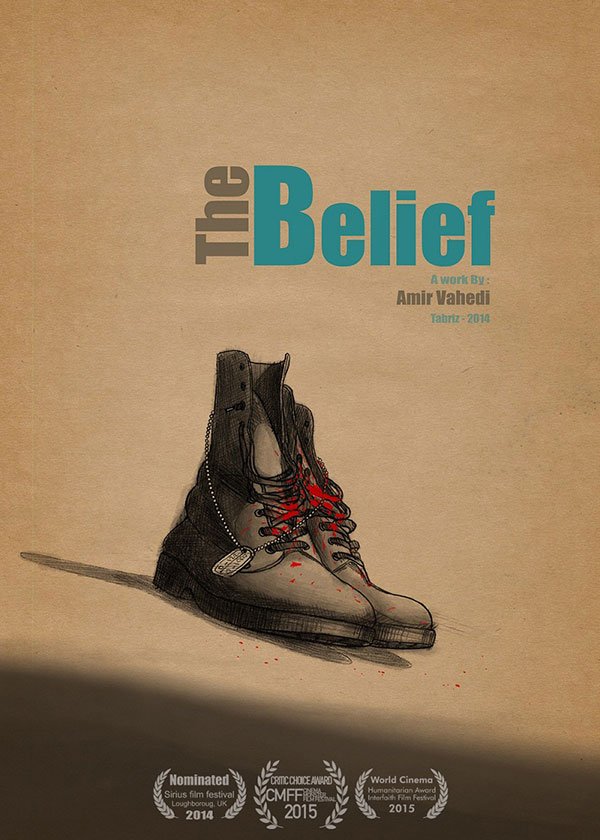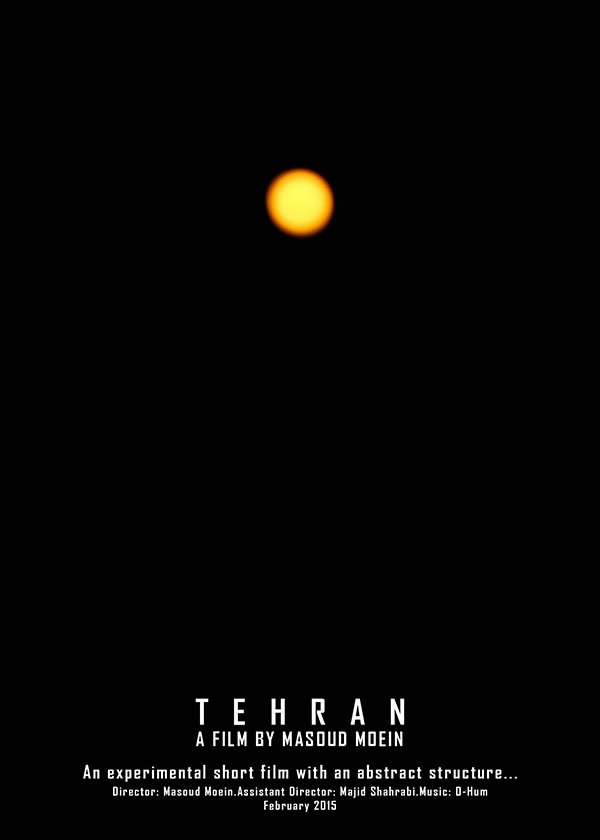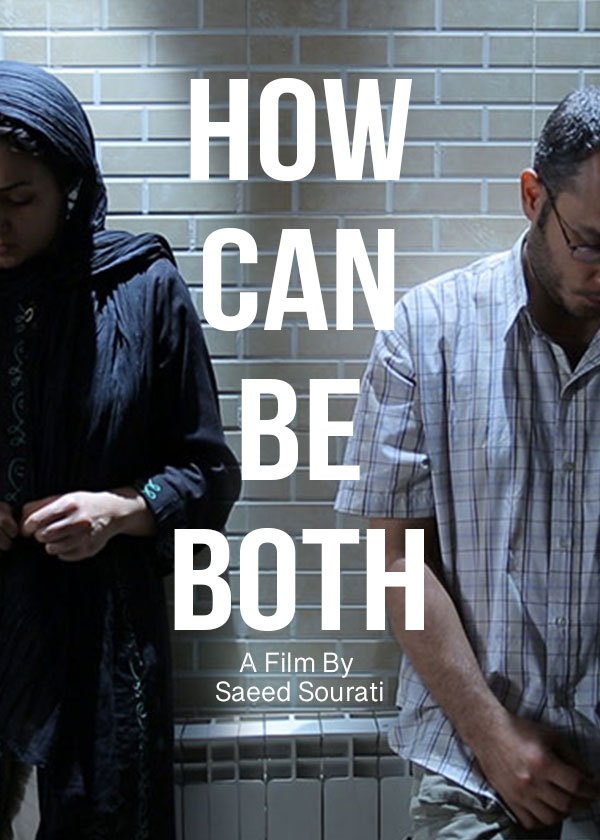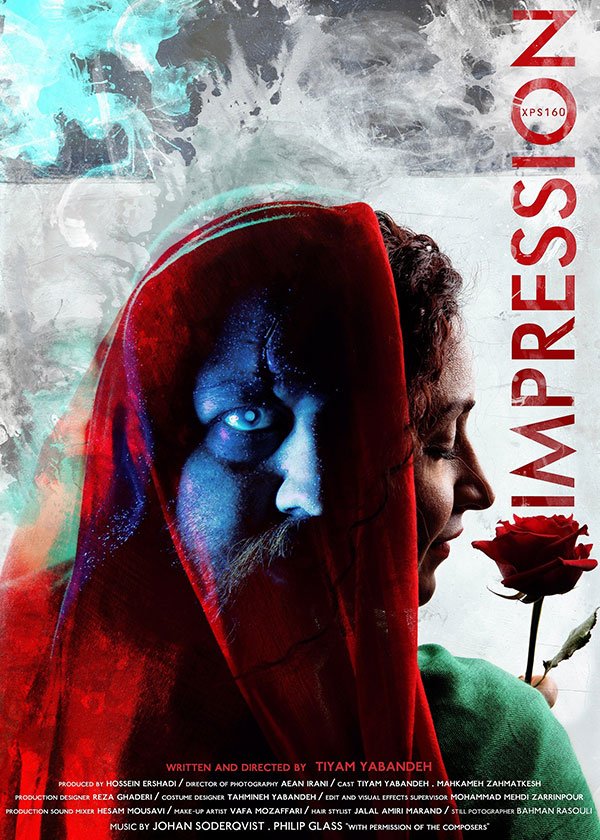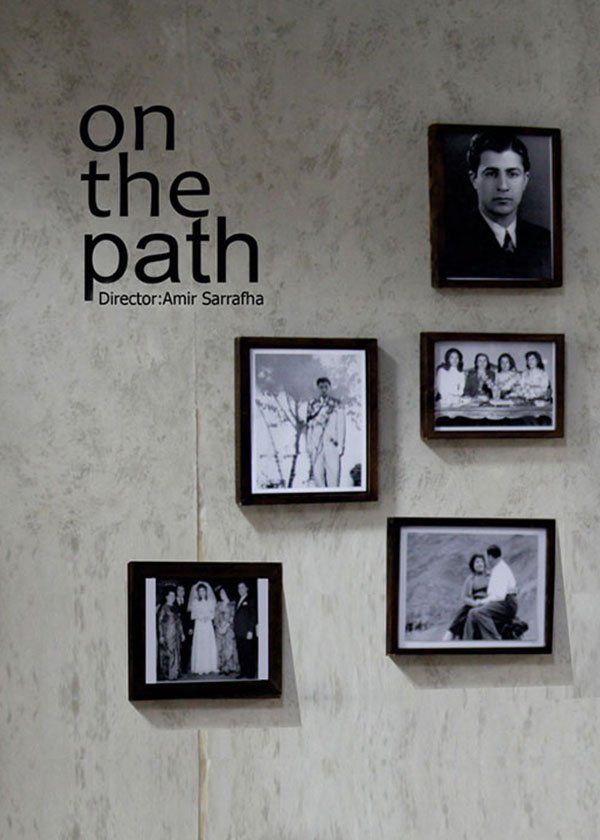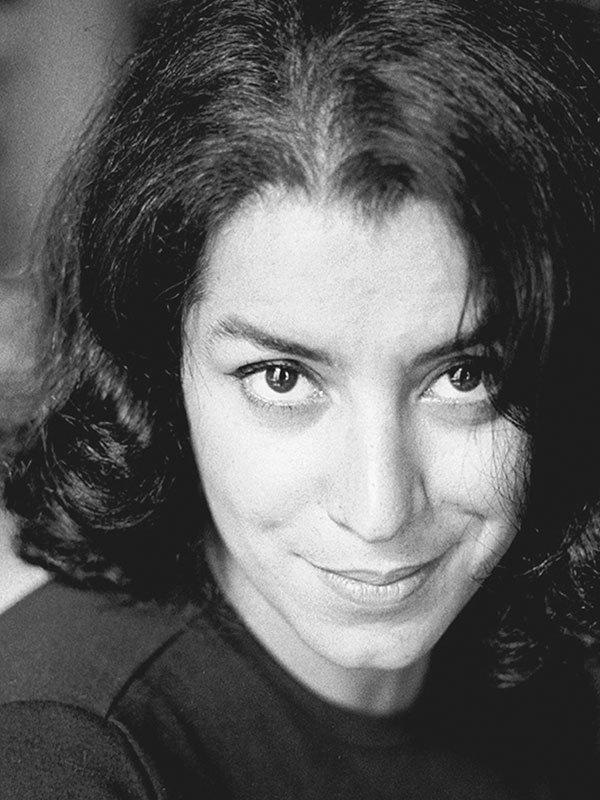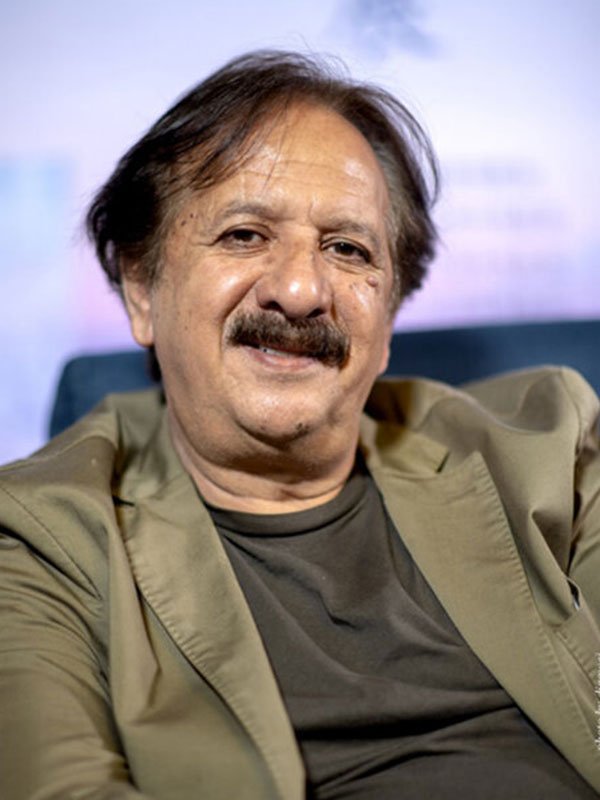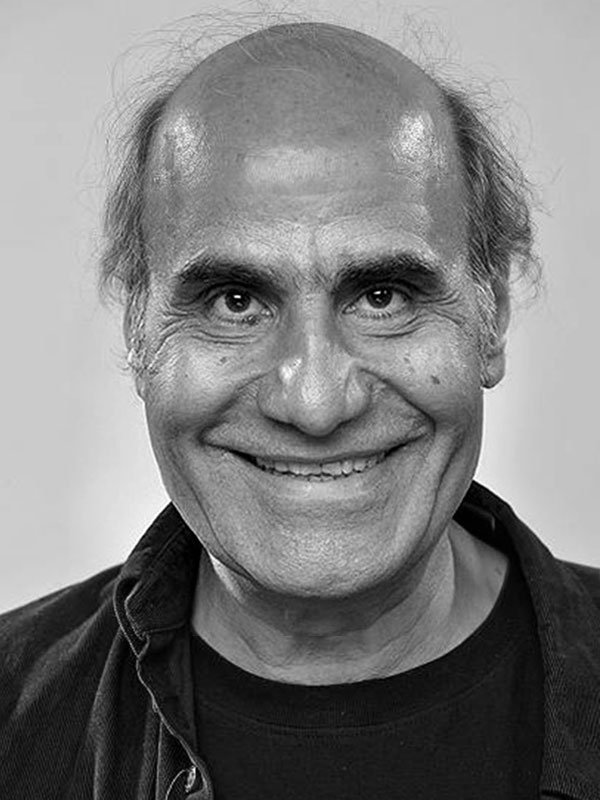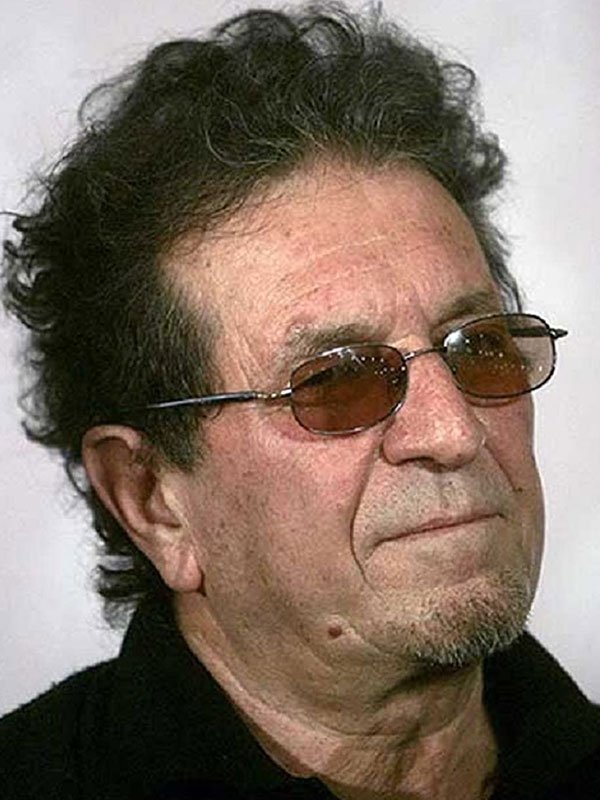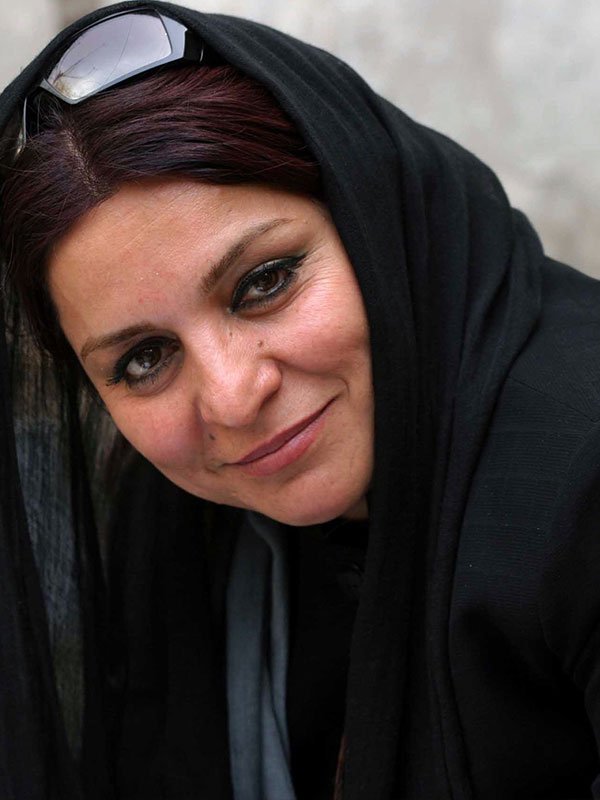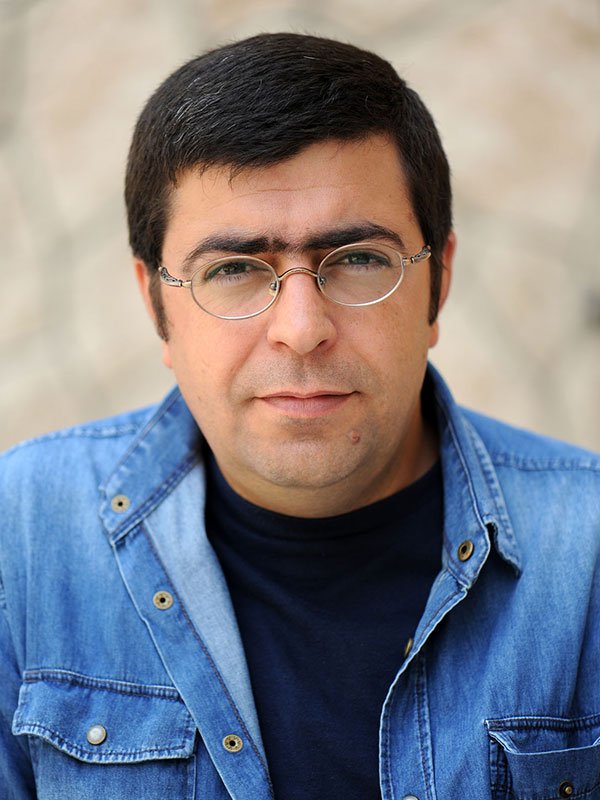Bahman Ghobadi was born on February 1st, 1969 in Baneh, a city near the Iran- Iraq border in the province of Kurdistan, Iran. He was the first son in a family of seven siblings. He lived in Baneh until, at the age of 12, civil disputes caused his entire family to immigrate to Sanandaj, the center of Kurdistan Province in Iran. After graduating from high school in Sanandaj, Ghobadi moved to Tehran in 1992. He started his artistic career in the field of Industrial Photography. Though he attended the Iranian Broadcasting College, he never graduated. Rather than following a formal curriculum, he believed the only way he could learn the craft of cinema was by tirelessly making short films. Using 8mm film, his starting point was to shoot a series of short documentaries.
Through his instinctive and hands-on approach to filmmaking, Ghobadi developed a unique style, soon gaining widespread local recognition. A breakthrough came with "Life in a Fog" (1999), one of the most acclaimed shorts ever made in Iran. Following this success, Bahman Ghobadi went on to make A Time for Drunken Horses" (2000)- the first feature-length Kurdish film in the history of Iran. In the wake of being awarded several different International Awards, Ghobadi attracted international attention and established himself as a pioneer of Kurdish cinema.
This film and all subsequent made by Ghobadi (among others, “Half Moon”, 2004, and “Turtles Can Fly”, 2006) were widely praised at film festivals the world over, gathering dozens of awards, but were little or not seen in his native country. In 2009, Ghobadi completed "No One Knows About Persian Cats"- a semi- documentary about the underground indie music scene in Tehran, filmed in Iran without an official permit and in very restricted conditions. He has since had to leave Iran and continue working abroad. His latest film to date, “Rhino Season” (2012), was shot in Istanbul.
